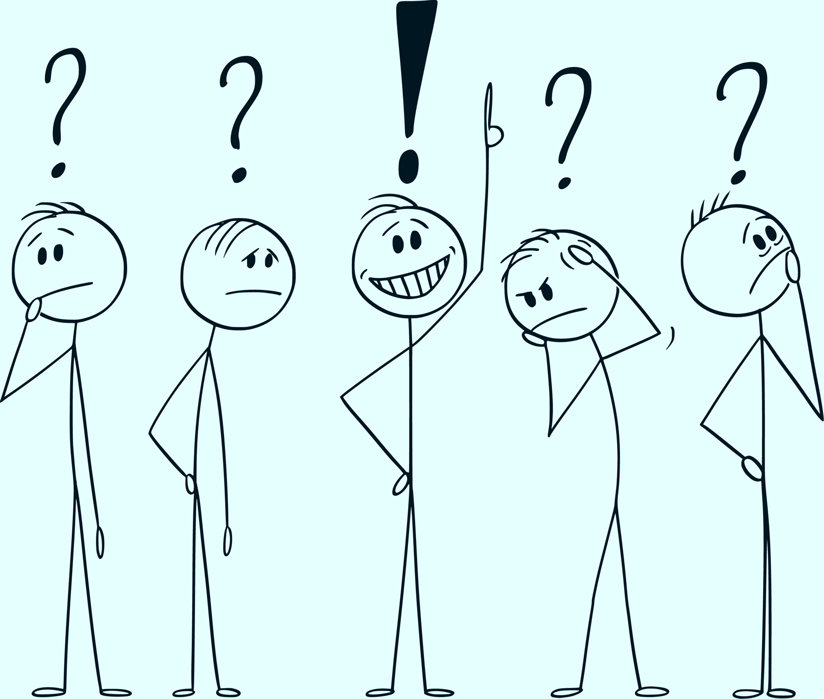
-
HOME
-
WHAT IS STANDOur Mission Our Values Our Help Contact
-
WHAT WE FIGHT FORReligious Freedom Religious Literacy Equality & Human Rights Inclusion & Respect Free Speech Responsible Journalism Corporate Accountability
-
RESOURCESExpert Studies Landmark Decisions White Papers FAQs David Miscavige Religious Freedom Resource Center Freedom of Religion & Human Rights Topic Index Priest-Penitent Privilege Islamophobia
-
HATE MONITORBiased Media Propagandists Hatemongers False Experts Hate Monitor Blog
-
NEWSROOMNews Media Watch Videos Blog
-
TAKE ACTIONCombat Hate & Discrimination Champion Freedom of Religion Demand Accountability
What Is Your Problem?! or Drama in the Produce Section
“WHAT IS YOUR PROBLEM?!”
The question was bellowed at me in condemnation of my failure to swerve my motion-challenged shopping cart out of the way fast enough to allow passage for the strident, trim, one-third-my-age Whole Foods shopper intent on beating all competition to the Christmas brewer’s yeast and collagen sale aisle.
I am by nature a quiet, reflective person (also old) so as I shuffle my way through the shopping aisles of Life, I openly and willingly receive all sincerely asked questions, no matter the tone of voice, and will earnestly endeavor to give them a thoughtful answer.

“WHAT IS YOUR PROBLEM?” is a question that has been asked of me before—always, it happens, in the heat of something—such as getting in someone’s way, as in Whole Foods, or otherwise committing some action or inaction that causes distress and perturbation in the questioner. I figure it must be an important question because there’s always a great degree of force and emotion behind it.
“WHAT IS YOUR PROBLEM?” “Well,” I reflected to myself, while browsing the broccoli and watermelon (LOCALLY GROWN!! SPECIAL!! TODAY ONLY!!) “It could be my misspent youth, my double-jointed thumbs or that day in 1972 when I said ‘No,’ when I probably should have said, ‘Sure!’”
The problem with “What is your problem?” is that it’s not really the right question.
I was doing, in short, what we in Scientology call “listing to oneself.” It’s what you do when asked a question that really has no answer. “Maybe it’s this, maybe it’s that, wait, possibly it’s this other thing, no that’s not right...” In other words, literally making a list (a very bad, introverting list) in my mind.
But the problem with “What is your problem?” is that it’s not really the right question. That and the unfortunate fact that too many people believe they have an answer to it. “The problem is the so and so” “The problem is my husband.” “The problem is those idiotic ____ (fill in blank with political party, ethnic group, nationality, race or religion of your choice).”
Mr. Hubbard tells us that it all lies in the definition of a problem. A problem, he says, is not a person or a thing. It’s a “how” or “whether.” It’s a “what should I do?” not a “who or what do I blame?”
So the answer to the eternal question, “WHAT IS YOUR PROBLEM?” is narrowed down, not to a person (“me”) nor a condition (“maybe I’m just a putz”), but rather to something more like this: “How do we get along with each other?” “How do we fix our differences?” “Whether to get the broccoli or the watermelon?”

Ask a person what the problem is with his marriage. “My #@%!! wife” may give some momentary satisfaction but it’s not a right answer and it’s a misinterpretation of the question. A better, clearer question to ask might be, “How could you get along better with your wife?” or “Should you get her the Camry or the Accord for her birthday?” Either of those, posed as problems, would certainly open the door to a happier ending.
I think you’ll agree that the hate, prejudice and anger you see around you are byproducts of wrong solutions to wrong questions. “What am I mad about today?” “Who do we blame THIS time?” “What IS your problem?!”
Once I realized what I was doing to myself as a result of the young man’s question, I found my spirits restored and I was once again able to bumble around with my cart and work to remember what I was doing in the Organic Frozen Dental Floss section. I wheeled my way to the checkout line where I found myself coincidentally ahead of my inquisitive friend. As the checker checked my groceries, I turned to the young man—who was still unaccountably red-faced with anger—flashed my winningest smile and said, “Happy holidays!”
What could he do?
He smiled back with a “Happy Holidays” of his own.
No problem!









